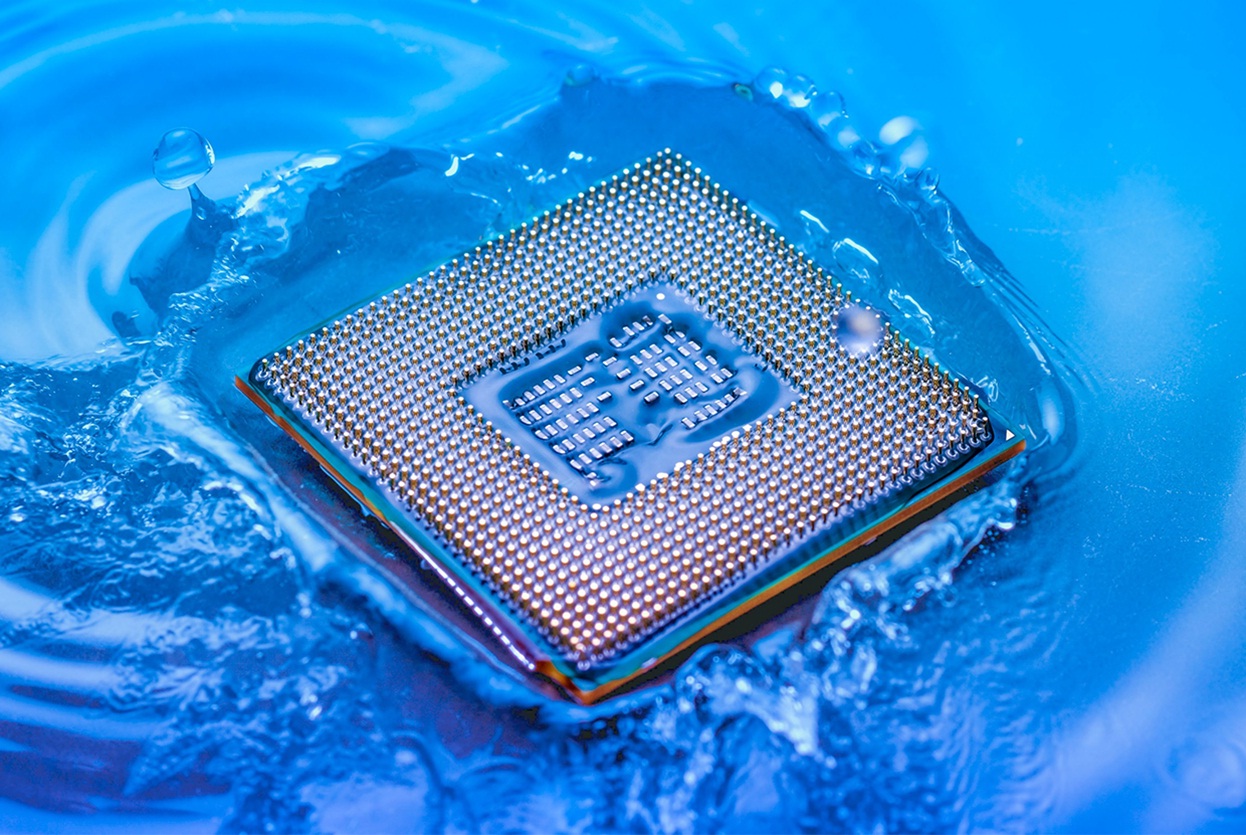
Startup Jetcool Technologies has developed a micro-convective cooling system for compact electronic devices that use tiny jets of liquid under pressure to remove heat.
Even though electronics are getting smaller, they generate more and more heat, so one of the main challenges for manufacturers is to provide efficient cooling without sacrificing performance.However, this leads to an increase in the size of radiators, coolers, cooling plates, and other distribution systems.
Working in the laboratorymechanical engineering from Massachusetts Institute of TechnologyInstitute, Bernie Malouin, the founder of the startup, did not understand why developing devices of ever smaller size and then installing ever larger radiators on them. Therefore, he decided to create a compact system.
After five years of research, he created a radiator,which, instead of distributing the heat generated, directs small jets of liquid directly to the surface of the device in order to divert it directly from the heating place. Nozzles are integrated into the silicon substrate, which allows the use of a cooling system for chips. At the same time, the Jetcool radiator is lightweight and does not exceed the size of the electronic device itself.
According to a mechanical engineer, the new systemEasily integrates with virtually all modern liquid cooling infrastructure, requiring only standard pressure and flow rates. Moreover, it does not require thermal paste and allows you to completely get rid of metal heatsinks. Miniature modules can be installed during the chip manufacturing process or during the assembly stage.
Micro-convective cooling on a microcircuit can be used in electric vehicle systems, laser diodes, and data center processors.
The company has already made several prototypes and plans to launch the product on the market in 2020.
Let's remember that we also reported on a thermoacoustic cooling system that works without electricity or refrigerants.
</p>




